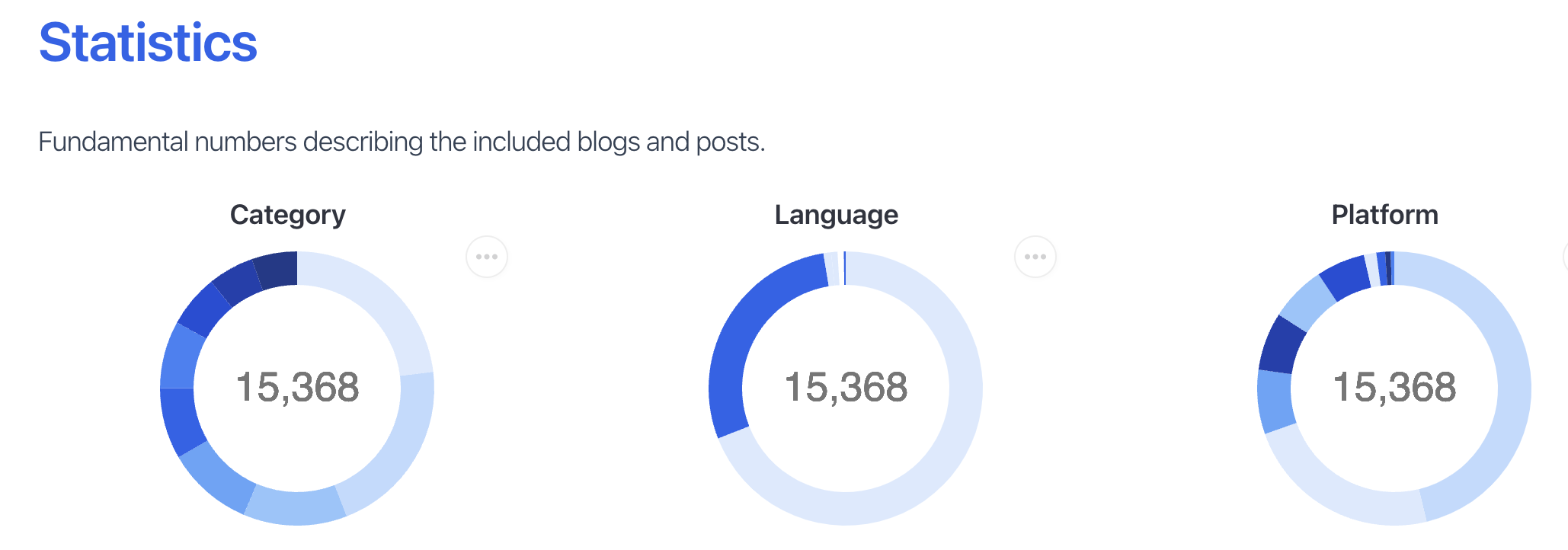
Version 7 of the open source reference manager Zotero was released last Friday. Read the linked announcement for details, but the most excited feature for me is an improved built-in reader with ePub support. Zotero allows you to store metadata and full-text publications and while PDF is the standard format for journal articles and preprints, books (and book chapters) are more commonly distributed as ePub files.









